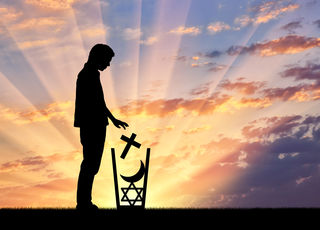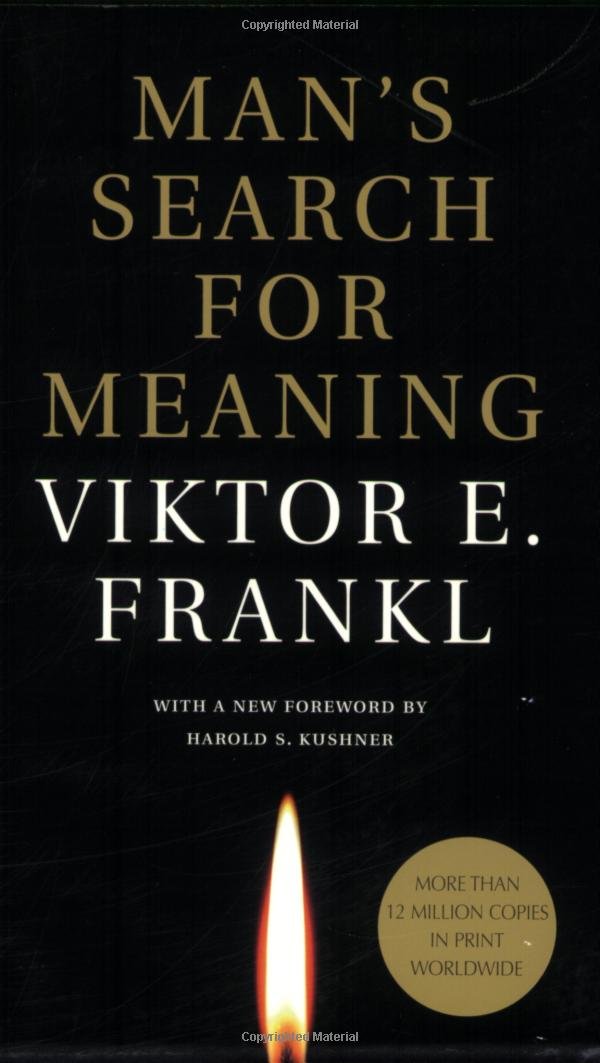
I should have loved this book. It’s the story of a megachurch pastor who realized that the bigger and better consumeristic model of church is not the way forward for the flourishing of God’s people and the spreading of the gospel. He put his money where his mouth is, quit the church empire he created and ran away from his cult following to start a house church movement that is making every effort to live simply in neighbourhoods, faithfully giving themselves over to the word and prayer and love.
There is a lot to like. He laments about how a church is judged based on things like; strong age-specific ministries, style, volume and length of the singing, a well-communicated sermon, and conveniences such as parking, a clean building, great coffee, and childcare. He rips into this consumer church with zingers like:
“We’re not doing people any favours by pretending they are the centre of the universe.”
“By catering our worship to the worshippers and not the object of our worship, I fear we have created human-centred churches.”
“People show up only for the most talented people and for the atmosphere, it’s embarrassing…I am also struck by our reliance upon having just the right speaker and just the right musician who can attract.”
“The church doesn’t have to remain a group of needy people complaining that they haven’t been fed well enough.”
“Going small is our best shot at getting big.”
So why am I hesitating to give this book a double thumbs up?
Is he worshiping the Bible? Chan loves his Bible, and that’s good, but I’m afraid he might be loving it too much. It seems as though any time the N.T. references the “Word of God,” he thinks it’s referring to the English translation we hold in our hands. I start to feel a bit like we might be talking as Muslims about the Quran when he says things like “I’m not trying to compare the Word of God to a spellbook, but if anything, we should treat these words as more sacred and powerful not less.” I know what he is trying to accomplish, people are Biblically illiterate, and churches are moving away from the priority of Bible reading. Chan doesn’t want flowery sermons and expositions of Scripture from powerful people. He believes the magic is found simply in reading aloud together the text of Scripture. Even still, I am not interested in linguistic idolatry, as Bruxy Cavey calls it. Let’s make sure we are worshiping the treasure (Jesus) and not the treasure map (Bible). For me, Chan is getting uncomfortably close to mixing this up. “We need to have a greater awe and longing for His word alone,” he says, for me, I need to have a greater awe and longing for Jesus alone.
I’m always wary of big claims, without proof. Chan has started a house church movement, with about 40 lay pastors or so. He says, rightly, that the church is supposed to be a breeding ground for pastors and elders. Thanks to his simple, low budget, everyone equipped, version of church he claims:
“I could speak of miracles, healings, and prophecies coming from the most unlikely people these results have come from expecting every member to serve.”
And that’s all he says, What miracles? What healings? He regularly takes his readers around the globe to house/simple church movements and makes spectacular claims about their levels of success. A couple of examples will suffice. A pastor from India, according to Chan, has led over 3 million people to Jesus, not because he practices American strategies for church growth, but instead because he practices humility. In another situation in Africa, he talks about Christian children who enter Animist and Muslim villages to preach the gospel, heal the sick, and in one case, stop mysterious deaths from happening by their prayerful presence. The point is to release the children into ministry, all of us our need to serve God wherever we are at, naturally, I agree. Unfortunately, in all these cases, Chan is dropping mind-boggling stuff with very little explanation or anyway way to substantiate the claims. You can’t just drop major claims like this and then move on to the next point, not if you want to be taken seriously.
Raw! Raw! Raw! Guilt Raw
He is trying to pump us up to help us realize great truths about our situation with God. In a section of the book, he attempts to get us jacked to see that we are blocks in God’s temple. After which, he says, “You should be bursting out of your skin at this point.” Well, I wasn’t.
Later he exclaims, “We get to dwell with Him forever! I don’t care how many times you’ve heard it; if that doesn’t cause you to fall on your face in worship, there’s something wrong” The whole “Be as excited as me or your messed up spiritually” thing just doesn’t work for me. Chan is upset that people get more excited about lesser things like sports or movie stars. I get it, but even still, this grates on me. Can’t we be passionate about all sorts of things and use that excitement as a means to reflect back to God our appreciation for all the good gifts he gives us? I think this is a much better way to live life. Heaven is abstract; being with God is abstract. We don’t always get as pumped about abstractions, that’s ok. It’s much better to take our earthly joys and project those feelings forward into what will be, instead of feeling guilty for having them. Let sex and sports and fun fill us with joy in God, not guilt, because we are not always as pumped about heaven as a hockey game.
Final Thoughts I get it, Chan is attacking consumer Christians who have no commitment. He is not happy with the church. The book has a grouchy tone to it. By the end, Chan goes full-on prophetic on us. If we don’t change, judgement is coming, be afraid, be very afraid.
I agree with most of this book, but the tone I guess kind of ruined it for me. There is a bit of irony here as well. Consumerism can’t be so bad for Chan because it’s consumer Christians that buy all his books, so he can feed his family, and have the freedom to deconstruct current systems of consumeristic church.





4 Responses
Great review.
Thanks!
Great review.
Well, that too, on the consumerism thing.